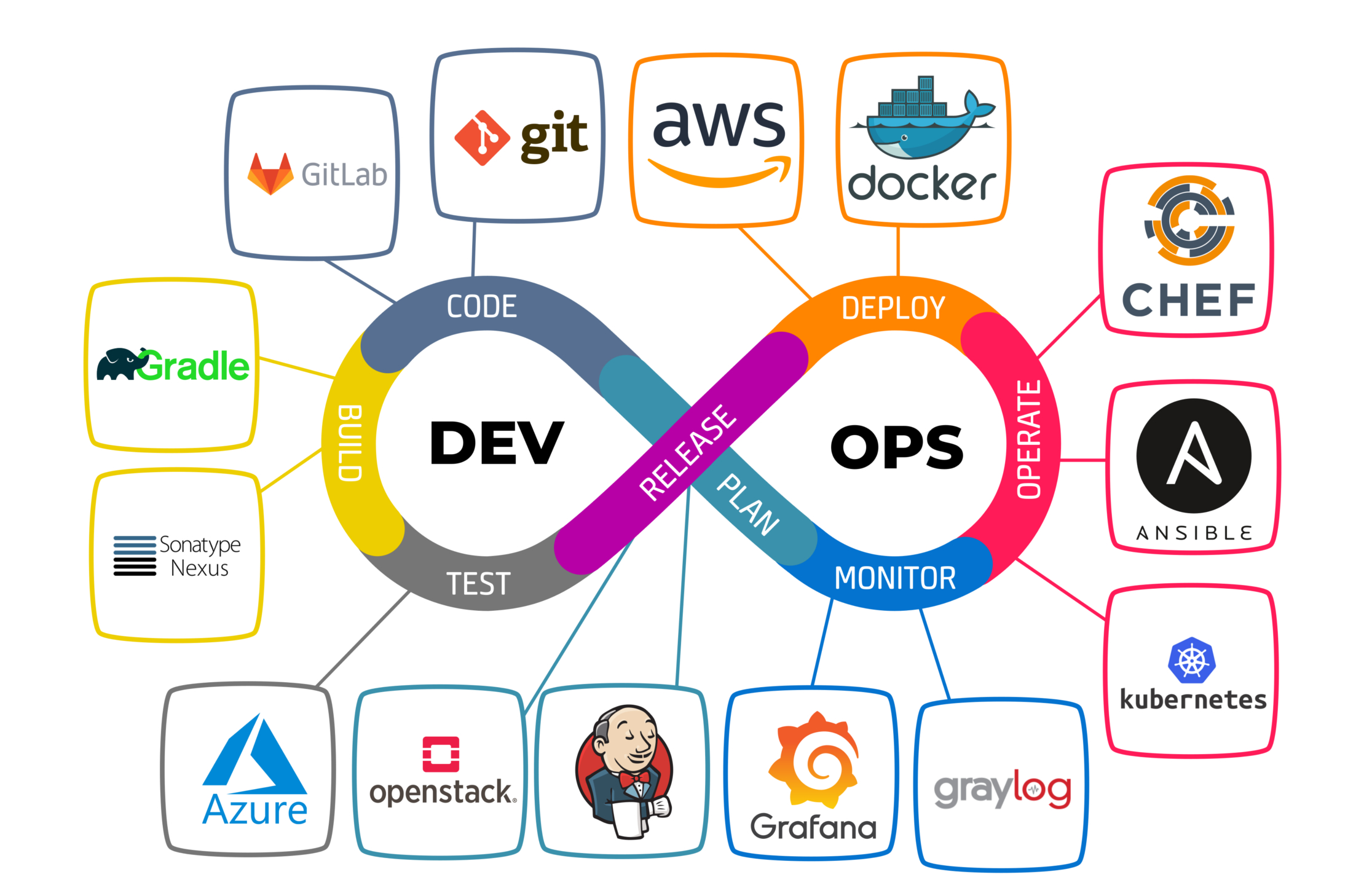PROGRAM

Cybersecurity involves protecting systems, networks, and data from digital attacks, unauthorized access, and damage. It is essential for safeguarding sensitive information and ensuring the integrity, confidentiality, and availability of digital assets.
Key Concepts:
Threats: Malware: Malicious software like viruses, ransomware, and spyware that can damage or disrupt systems. Phishing: Deceptive attempts to obtain sensitive information by pretending to be a trustworthy entity. DDoS Attacks: Distributed Denial of Service attacks that overwhelm systems with traffic, causing them to crash. Insider Threats: Risks posed by individuals within an organization who might intentionally or unintentionally compromise security.
Security Measures: Firewalls: Systems that monitor and control incoming and outgoing network traffic based on security rules. Encryption: The process of converting data into a coded format to prevent unauthorized access. Multi-Factor Authentication (MFA): A security process that requires two or more verification methods to gain access. Antivirus Software: Programs designed to detect and remove malicious software from systems.
Cybersecurity Domains: Network Security: Protects the integrity of networks and data during transit by managing access controls and detecting intrusions. Application Security: Ensures that software applications are secure against threats throughout their lifecycle. Information Security: Protects data from unauthorized access and ensures privacy. Incident Response: Processes and procedures for detecting, responding to, and recovering from security breaches.
Regulations and Compliance: Many industries are subject to regulations that mandate certain cybersecurity practices. Examples include GDPR (General Data Protection Regulation) in Europe and HIPAA (Health Insurance Portability and Accountability Act) in the U.S.
Best Practices: Regular Updates and Patching: Ensuring systems and software are up-to-date to protect against known vulnerabilities. User Education and Awareness: Training employees and users to recognize and avoid potential threats, like phishing attacks. Data Backup: Regularly backing up data to ensure recovery in case of a cyber incident.
Emerging Trends: Artificial Intelligence (AI) in Security: AI is being used to detect and respond to threats more quickly and efficiently. Cloud Security: With the increase in cloud computing, securing data and applications in the cloud has become a critical focus. Zero Trust Architecture: A security model that assumes no user or system is trusted by default, regardless of whether they are inside or outside the network.
Cybersecurity Professionals: Ethical Hackers: Also known as penetration testers, they simulate attacks to find and fix security vulnerabilities. Security Analysts: Monitor and protect networks from threats and ensure compliance with security policies. Incident Responders: Focus on responding to and mitigating the impact of security breaches.
Cybersecurity is a rapidly evolving field that is critical for protecting personal data, corporate information, and national security. With the increasing frequency and sophistication of cyber threats, maintaining robust cybersecurity measures is more important than ever.
Price: N250, 000
Duration: Six (6) Months
Block A Suite 23, Primal Tek Plaza, Cele Bus-Stop, Lagos State.
+2348065597025, +2349137659014
info@techcraftacademy24.com